Abuja, Nigeria – 28 May 2025 – The International Human Rights Commission Corporation (IHRC) in Nigeria expresses its deep concern regarding the recent closure of a major market in Anambra State by the National Agency for Food and Drug Administration and Control (NAFDAC). The development has led to significant public anxiety and debate, heightening tensions among traders, local communities, and various stakeholders across the state.
According to the official NAFDAC report, between 9 February and 27 March 2025, the Agency conducted an extensive enforcement operation targeting major Open Drug Markets: Idumota (Lagos), Aba (Abia), and Onitsha (Anambra). These operations resulted in the seizure and destruction of large quantities of banned, expired, falsified, and substandard medicines and controlled substances, collectively valued at over one trillion Naira. Investigations indicated that warehouses, shops, and distribution outlets within these markets failed to adhere to the Good Storage and Distribution Practice (GSDP) standards and operated without registration by the Pharmacy Council of Nigeria (PCN), in contravention of established national regulations.
NAFDAC has clarified that, pursuant to federal regulations, investigative charges were imposed on non-compliant operators. Notably, the initial N5,000,000 charge for the sale of unregistered products was reduced to N200,000 after appeals, while the N2,000,000 charge for GSDP violations was reduced to N500,000. According to NAFDAC, “these penalties are officially gazetted charges and were applied fairly across the affected markets.”
IHRC’s Official Position and Recommendations
In an official press statement, H.E. Ambassador Dr. Duru Hezekiah, IHRC Country Representative, has called for calm, dialogue, and restraint from all parties—including affected traders, community leaders, and regulatory authorities. The IHRC strongly urges all stakeholders to refrain from any actions that could escalate the situation or undermine public order.
While recognising NAFDAC’s statutory mandate to regulate pharmaceuticals and ensure public health and safety, the IHRC emphasizes that transparency, due process, and constructive dialogue are essential in the enforcement of regulatory actions—especially where livelihoods are impacted.
The IHRC reiterates that regulatory enforcement must be guided by the principles of fairness, transparency, and the protection of human dignity. To this end, the Commission recommends:
1. Initiating comprehensive dialogue with all stakeholders, including market unions, civil society organisations, and local authorities, to foster mutual understanding and cooperation.
2. Prioritising educational and corrective enforcement strategies over punitive market closures, thereby promoting voluntary compliance and sustainable public health outcomes.
3. Safeguarding the fundamental rights of traders, particularly the right to livelihood, in line with Nigeria’s constitutional and international human rights obligations.
Furthermore, the IHRC appeals to the Federal Government to intervene urgently and ensure a fair and peaceful resolution. The Commission also recommends the establishment of an independent review panel to assess the closure’s circumstances and recommend appropriate remedial actions consistent with human rights principles and the rule of law.
Commitment to Justice and Human Dignity
The IHRC remains steadfast in its commitment to justice, equity, and the protection of human rights for all Nigerians. The Commission stands ready to facilitate dialogue among all relevant parties to achieve a constructive, equitable, and lasting resolution.
IHRC calls upon both the Anambra State and Federal authorities to support this process, prevent further escalation of tensions, and ensure that justice and human dignity remain central to regulatory governance.
Signed:
Fidelis Onakpoma
Head of Media and Strategic Communications
IHRC Nigeria

This press statement is issued in line with IHRC’s mandate to uphold and promote international human rights standards, support peaceful conflict resolution, and foster constructive engagement between stakeholders and regulatory bodies.
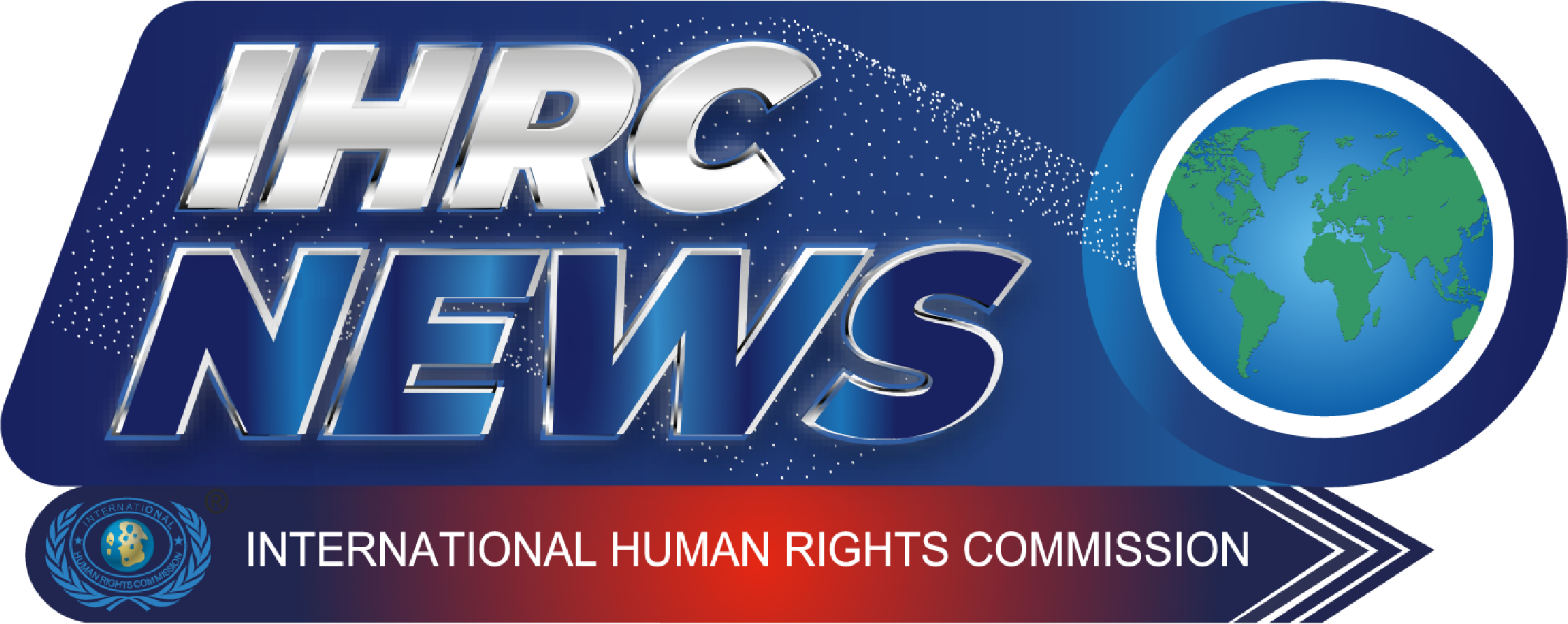
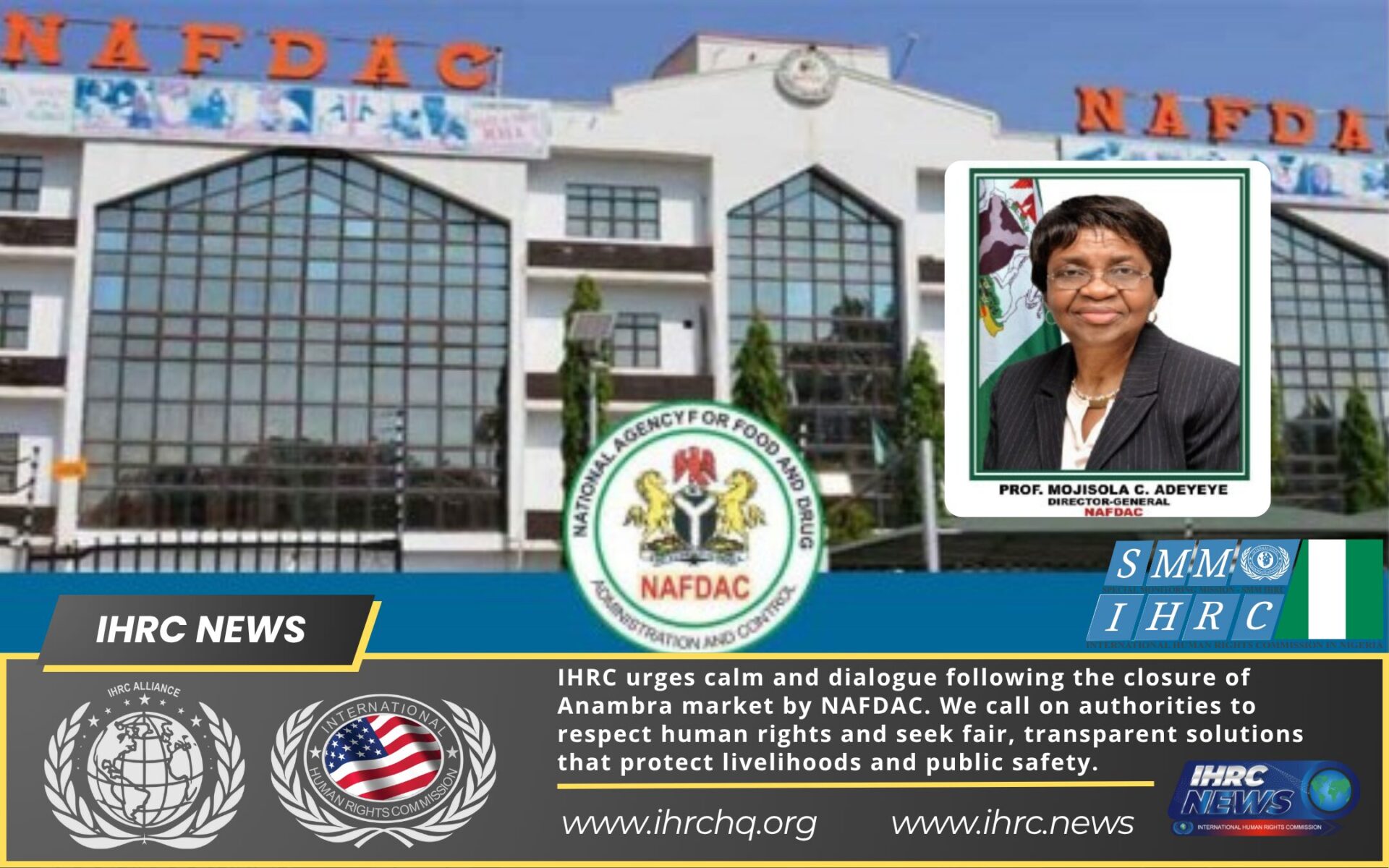
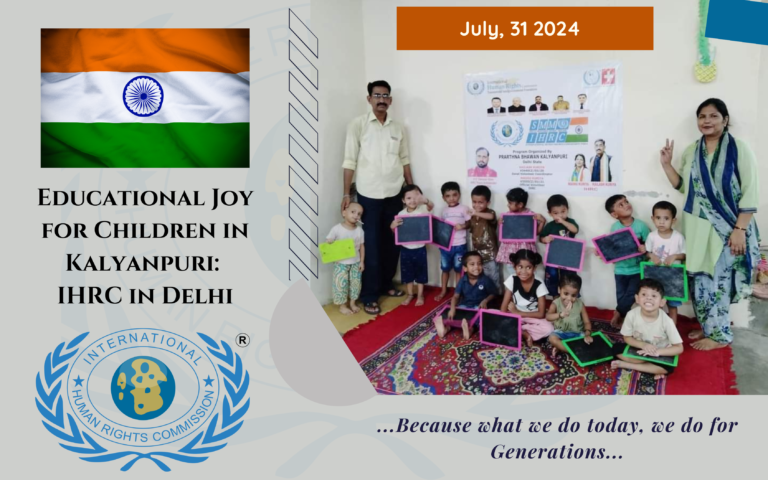
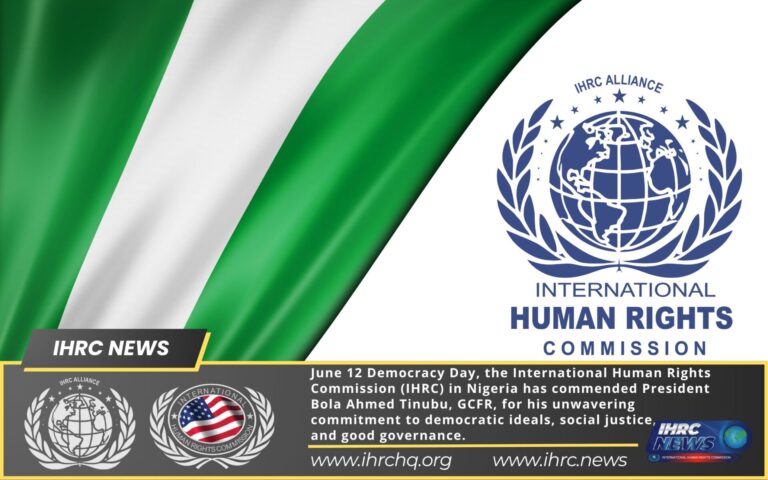


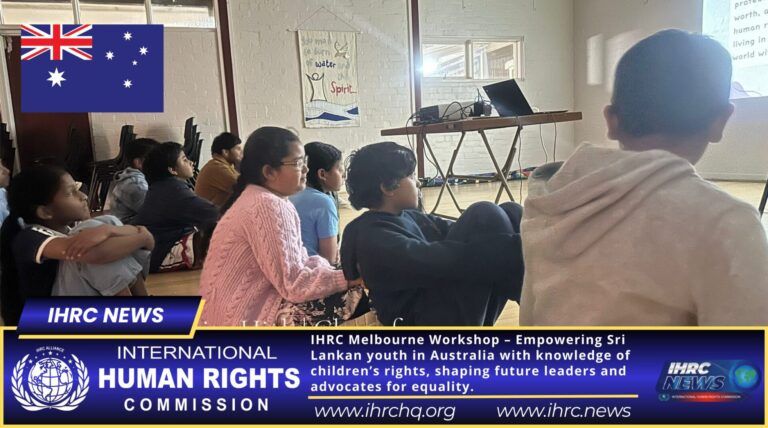
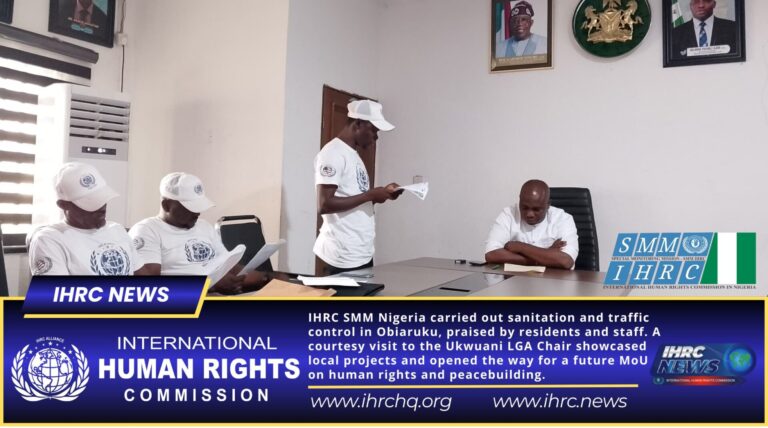
The IHRC’s call for calm and dialogue regarding the NAFDAC-led market closure in Anambra is commendable. While public health is vital, enforcement must respect human rights and livelihoods. Constructive engagement, not punitive measures, is key to resolving this issue fairly and peacefully. Government intervention is urgently needed.
I like to join human rights volunteer with passion .